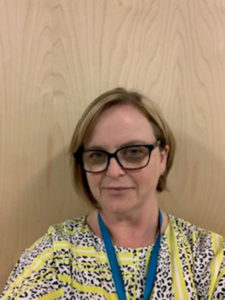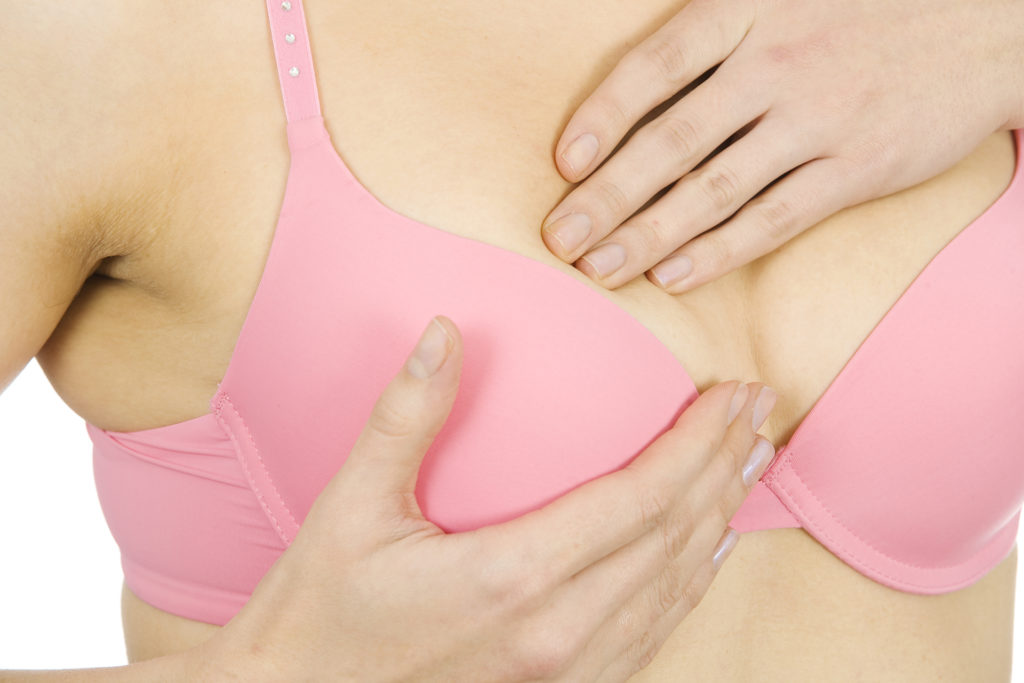Breast Cancer Top 10 Googled Questions

Answered by Bupa’s Oncology Support Nurse Emma Norton.
1 Where are breast cancer lumps usually found?
It is possible to find lumps, or thickened skin in the breast or armpit, as these two areas are connected by the same tissue. Be aware that not all lumps will be cancerous though; ensure you get it checked out as it could be benign (non-cancerous).
2 Can you die from breast cancer?
Statistics show that there are 11,400 breast cancer deaths annually, being the fourth most fatal form of cancer. However, it is comforting to know that survival rates have doubled in the last 40 years. 78% of those diagnosed now go on to live for at least ten years.
3 How big are breast cancer lumps?
Lumps can come in all shapes and sizes. It won’t be possible to determine whether a lump is cancerous without medical testing. If a lump does turn out to be benign (most commonly called fibroadenomas), there may be no treatment required if they are under 4cm wide. Otherwise, you may be referred to have it removed.
4 Are breast cancer lumps painful?
Not always. You may experience other symptoms without pain, which don’t otherwise hinder your comfort levels. But if you do feel pain, whether new or otherwise, which doesn’t go away, don’t hesitate to see your GP.
5 Can a blood test detect breast cancer?
There are a range of tests which would usually be carried out in order to reach a diagnosis. Mammograms, ultrasound scans, fine-needle and core biopsies are the main methods. The steps which will be taken differ for everyone, depending on various factors such as the cell sample size required.
6 How is breast cancer caused?
The causes of breast cancer aren’t known, but there are certain genetic and environmental factors which have been shown to increase our risk of developing it. These include age (80% of women with breast cancer are over 50, while most men are over 60); a family history of breast cancer; high alcohol consumption; obesity, hormone replacement therapy, medical procedures involving radiation and using the contraceptive pill.
7 Where does breast cancer spread to first?
Secondary breast cancer – named as such when it spreads to other areas of the body – would usually spread via the bloodstream, or auxillary lymph nodes (lymphatic glands which filter out foreign bodies from the mammary glands). Breast cancer can spread to the lungs, liver, bones and sometimes the brain. Some types of breast cancer can spread to the skin and abdomen too.
8 What does breast cancer look like?
Breast cancer itself is composed of malignant cells which grow uncontrollably. Tell-tale signs that you may need to see a GP, in addition to the arrival of breast lumps or pain which won’t subside, could be physical changes around your breasts. These include inverted nipples, rashes or dimples on the skin, a swollen breast or nipple discharge, which may contain blood.
9 Why is breast cancer so common?
It is true that breast cancer is the most common cancer in the UK. However, the reasons are mostly unclear as to why it is so common – around 55,000 women and 370 men are diagnosed each year. Likely reasons associated with its continued prevalence include an ageing population and rising obesity levels.
10 Can breast cancer cause back pain?
Back pain can be a symptom, and indicator, of the presence of breast cancer, usually when it spreads to the bone. This may be experienced when lying down or lifting items, as well as in the chest and stomach, often when cancer grows near the spine and puts pressure on this area. A vertebroplasty, which injects bone cement into the area, can help to relieve these symptoms.







